Tokyo Game Show 2025 has concluded, and a few days out I still find myself sorting through the many goodies I received, photos I took, and notes I wrote. Beyond the pomp and spectacle of giant stage displays and events from companies like SEGA, Capcom, Square Enix, Konami, Level-5, and Koei Tecmo, I spent much of my time on a more interpersonal level, visiting small indie booths and getting my hands on games that, though humble, impressed me in their own right. In such cases, I often had members of the development team—or even the sole developer—right there beside me coaching me through the demo.
First, I’d like to give a shoutout to Tokyo Game Show’s ongoing “Selected Indie 80” project, which started in 2023. Essentially, eighty titles (coming soon or recently released) are screened and chosen by a committee of games industry veterans, headed by Shuhei Yoshida, former President of Sony Interactive Entertainment Worldwide Studios and longtime champion of indie studios. I was impressed by the diversity of titles chosen both in terms of genre and in where in the world they came from.
While I didn’t personally get to play many of these eighty titles, a few that caught my eye on the floor included SUMMER ROAD, a suburban roguelite RPG featuring Final Fantasy XII-style auto battles; The Remake of the End of the Greatest RPG of All Time, a very metatextual logic-puzzler mystery taking place in the final hour of a 3D-pixel JRPG; Aikyam, a rhythmic turn-based RPG based on Bollywood and Ancient Indian mythology, mixed with a chubby, doll-like aesthetic; and Rue Valley, a narrative CRPG/ adventure seemingly inspired by Disco Elysium, mixing time loops, mental illness, and a gorgeous graphic novel art style.
Now, for some stuff I did play, starting with two standouts at publisher Red Dunes Games’ showcase:
Silent Planet – Elegy of a Dying World
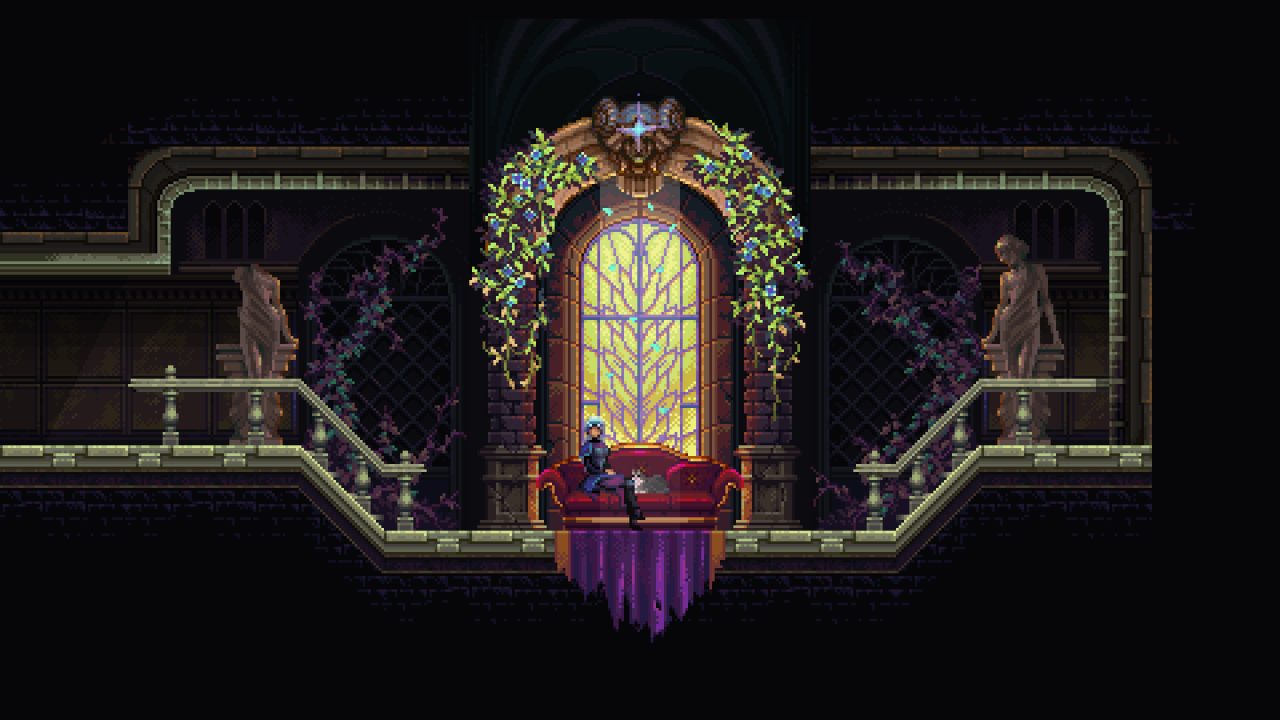
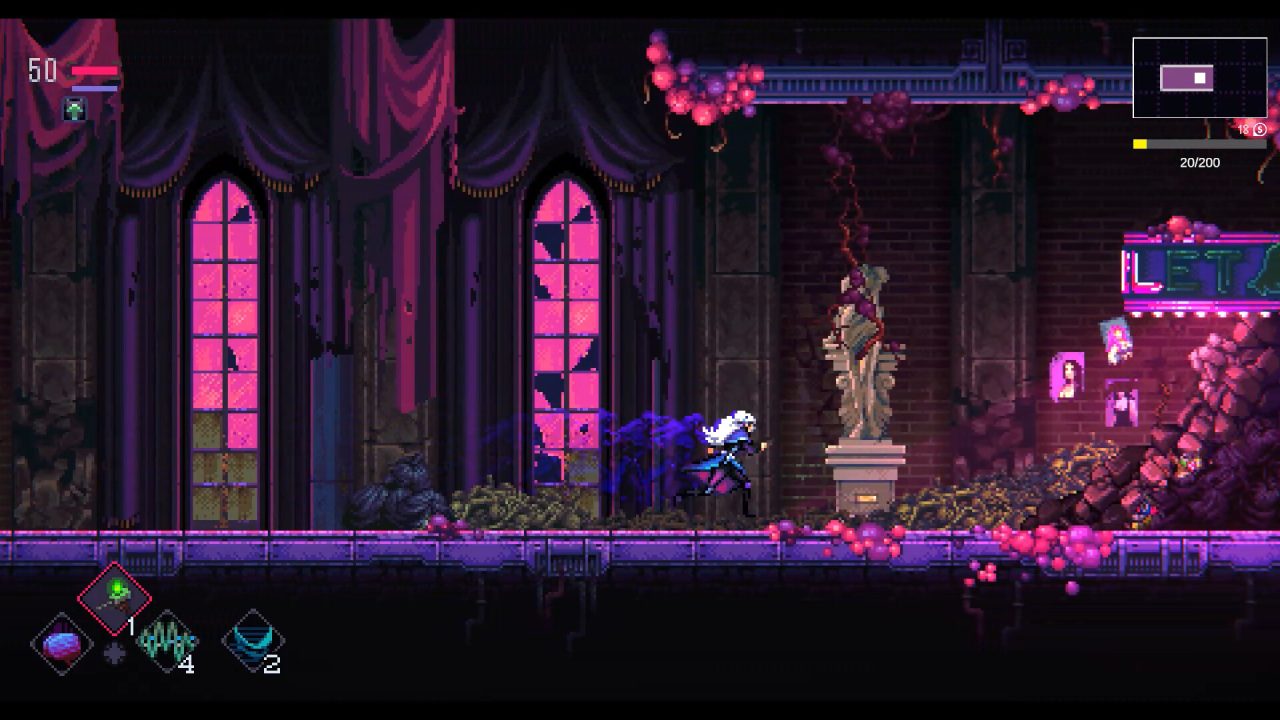
Silent Planet – Elegy of a Dying World is developer Vertex Zero’s Metroidvania that takes direct inspiration from the two granddaddies of the genre, Super Metroid and Castlevania: Symphony of the Night. The story leans more towards the Metroid of it all. You play as Apranik, a steely, magic-wielding young woman searching an eerie, biopunk/techno-horror planet for the supposed source of all life, the Angel’s Egg. There are lots of sci-fi embellishments, such as the name of Apranik’s sword: the Asimov.
Silent Planet‘s gameplay takes heavy cues from Symphony of the Night in terms of movement and combat, though with some touches I’ve never seen in any Metroidvania. For one, the map is divided into three layers: fore-, mid-, and background, adding a unique sense of horizontality to exploration and map collecting. Next, the use of the right stick. Besides parrying or dashing about a la Castlevania‘s Alucard, you can use the right stick to dodge enemy attacks by stepping into the background. You also use the right stick to cycle between targets, either to scan the environment for details and clues, or to target enemies with a variety of magic spells. With my mid-game build, I was already fully utilizing every part of the controller with a variety of gameplay options usually not present in a 2D game, with clear space for even more future abilities.
It was a bit overwhelming at first, but I had both of Vertex Zero’s founders, creative director James Alex Santoro and art director Virginie Cabana, guiding me through the horrors. And what beautiful horrors there were! The smooth pixel animations, enemies, and backgrounds were “goregeous,” like a cyber-Castlevania nightmare. The team said that animators and artists on Silent Planet have worked on games like The Last Faith and Blasphemous, and that darkness shows. Vertex Zero wisely didn’t commit to a release date aside from a Steam release in late 2026 or 2027, but this is a title that I think we’ll hear and see a lot more from.
Blades of Mirage
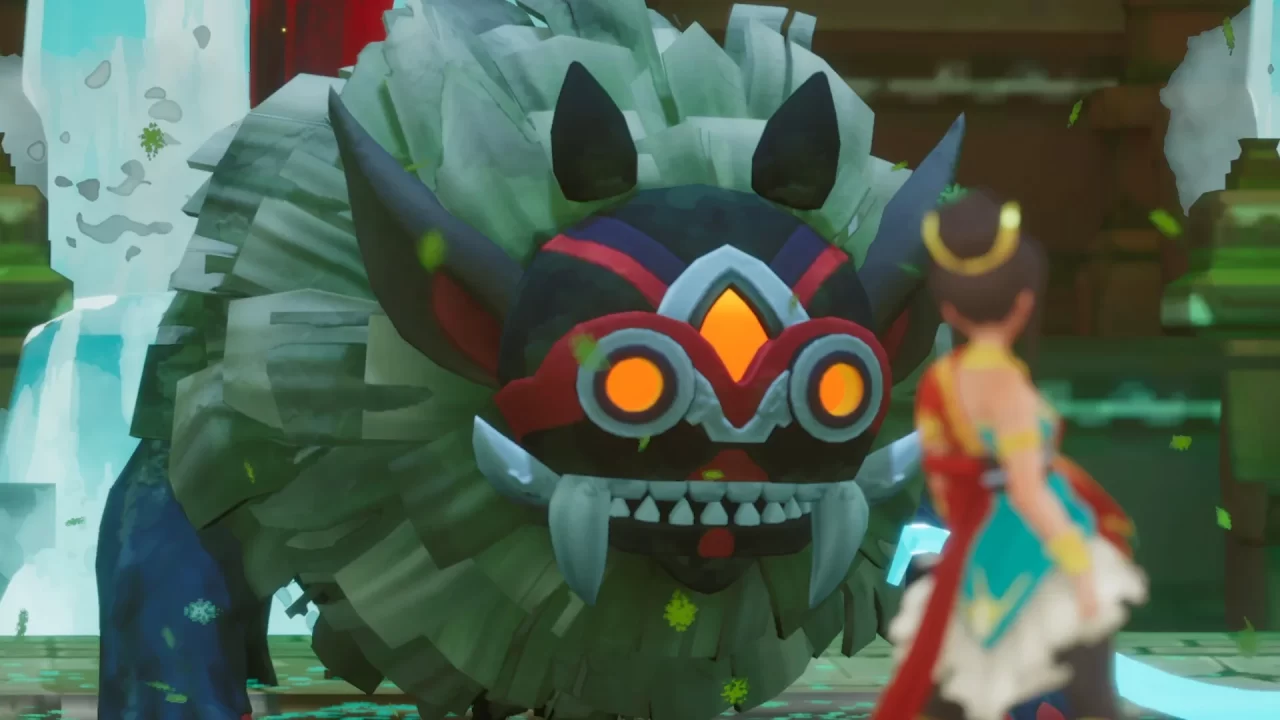
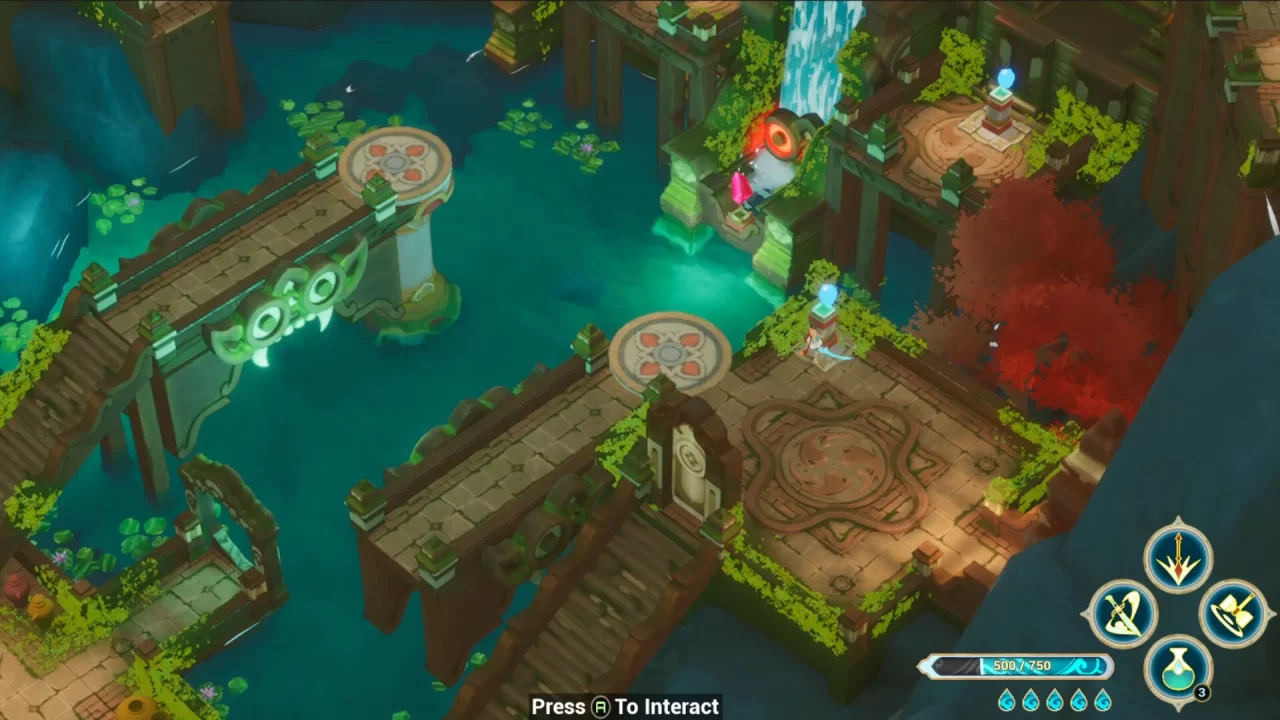
Blades of Mirage, from Indonesian developer Agate, is an isometric action RPG set in a tropical, Bali-inspired fantasy world. Immediately, it caught my eye with its bright, vibrant colours and the clear Hades influences. But Andhika Widya Poetra, a representative from Agate, assured me that this was no roguelike, but a tightly crafted adventure. The protagonist, Mira, is a sort of water-bender able to craft an arsenal of magical weapons assigned to each of the controller’s face buttons—light sword attacks, heavy hammer attacks, and a ranged bow were available in the brief demo I played, though the full game is said to incorporate traditional Indonesian weapons as well. Besides being a real looker, the game played very smoothly, and I was happily tearing through groups of Southeast Asian mythological creatures.
Some abilities, like the bow shot, are tied to water droplets that regenerate with physical attacks, meaning the game rewards players for getting up close and personal. The demo ended with a giant beastly golem boss that leapt around the jungly arena, creating shockwaves of damage. After grasping the dodge mechanics, I took him down in no time, but the rush and challenge were certainly there. It’s still a work in progress, as there is fine-tuning to be done with the combat, such as with hit-stuns, but it already feels very polished. My only other worry is that there was some stress on blending the Indonesian elements with more “digestible” or familiar Western sensibilities, but I’m all for a new aesthetic style that I’m mostly unfamiliar with! This game’s still a way out from a Steam release in late 2026, but there is talk of plans for console releases as well.
Cassette Boy
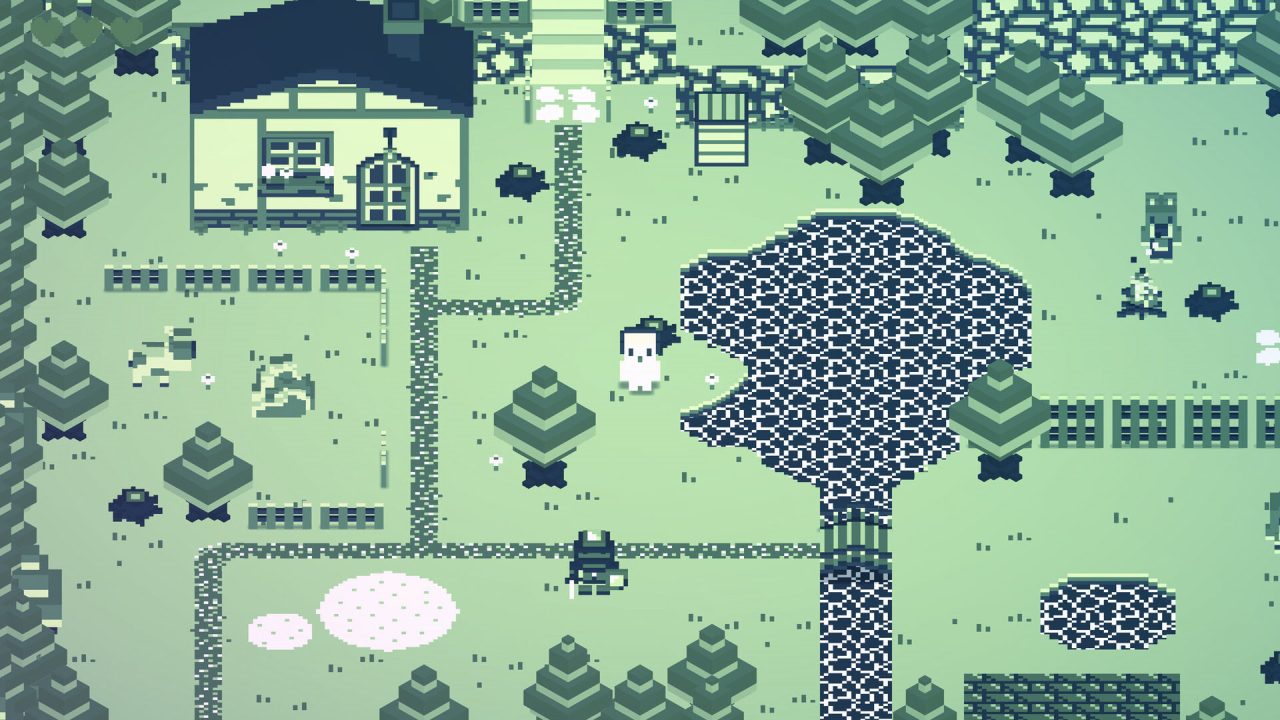
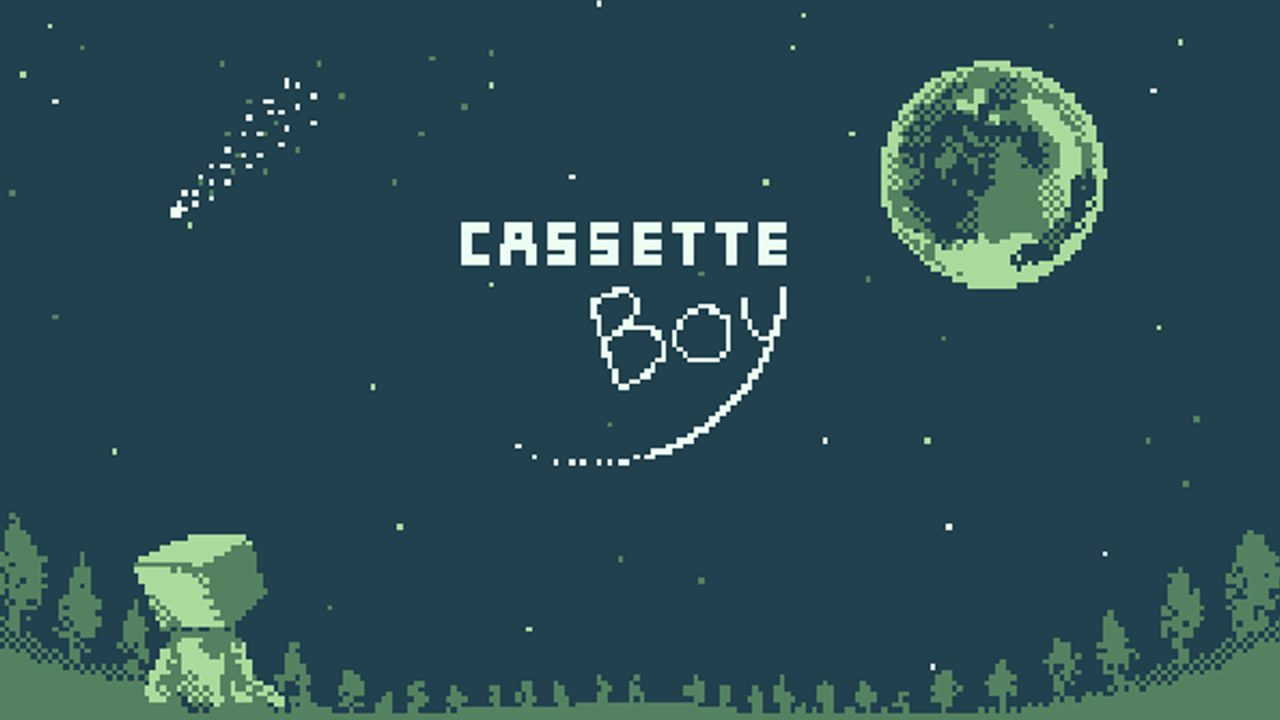
Perusing TGS 2025’s larger indie floor, I passed by a lot of promising projects, but one game’s visuals especially drew me in. Cassette Boy, from developer Wonderland Kazakari Inc., is essentially a 2D Zelda-like action RPG mixed with the world-turning puzzles of Fez, all wrapped up in a cubist, Apple II-green visual style. I had a one-on-one with Wonderland Kazakari Inc.’s CEO, Kiyoshi Honda, who showed me the game running on Switch 2. Honda really emphasized the “quantum mechanics” aspect of the game’s puzzles. Now, my Japanese is passable, but I certainly don’t have daily conversations about quantum physics. The gist is that Cassette Boy plays with the idea of things no longer existing when we’re not observing them. A locked door barring your path? Step on a world-turning button until another object in the environment blocks the door from view, allowing you to simply walk through. The concept quickly grows with some mind-bending complexity, involving firing arrows that wait for your turning of the world to continue their trajectory, so I’m excited to see how this game will hurt my brain when it releases across consoles and PC this year (though no specific date is set).
Wrapping Up
I also stopped by indie publisher Ysbyrd Games’ booth to check up on progress with developer Necrosoft Games’ teenage dark fantasy tactics RPG, Demonschool, hotly anticipated by many at RPGFan and now slated for a console and PC release on November 19th this year. We hope to do a deeper dive on that soon, but stay tuned if you enjoy Persona and/or Final Fantasy Tactics. Ysbryd Games owner Brian Kwek also chatted with me while I demoed their creepy and challenging upcoming splatformer Love Eternal, a game not in our coverage but one that I personally look forward to.
In the two days that I spent at Tokyo Game Show 2025, I could have easily spent the whole time talking to the passionate indie developers, publishers, and porters at their booths. Alas, I am but one meagre player. It was both heartening and a tad intimidating to see how many great RPGs and adventure games there are coming to the indie sphere. I find that many of my greatest experiences in modern gaming come from the minds of a small team of creators, and so I’m looking forward to what they’ll unveil next.

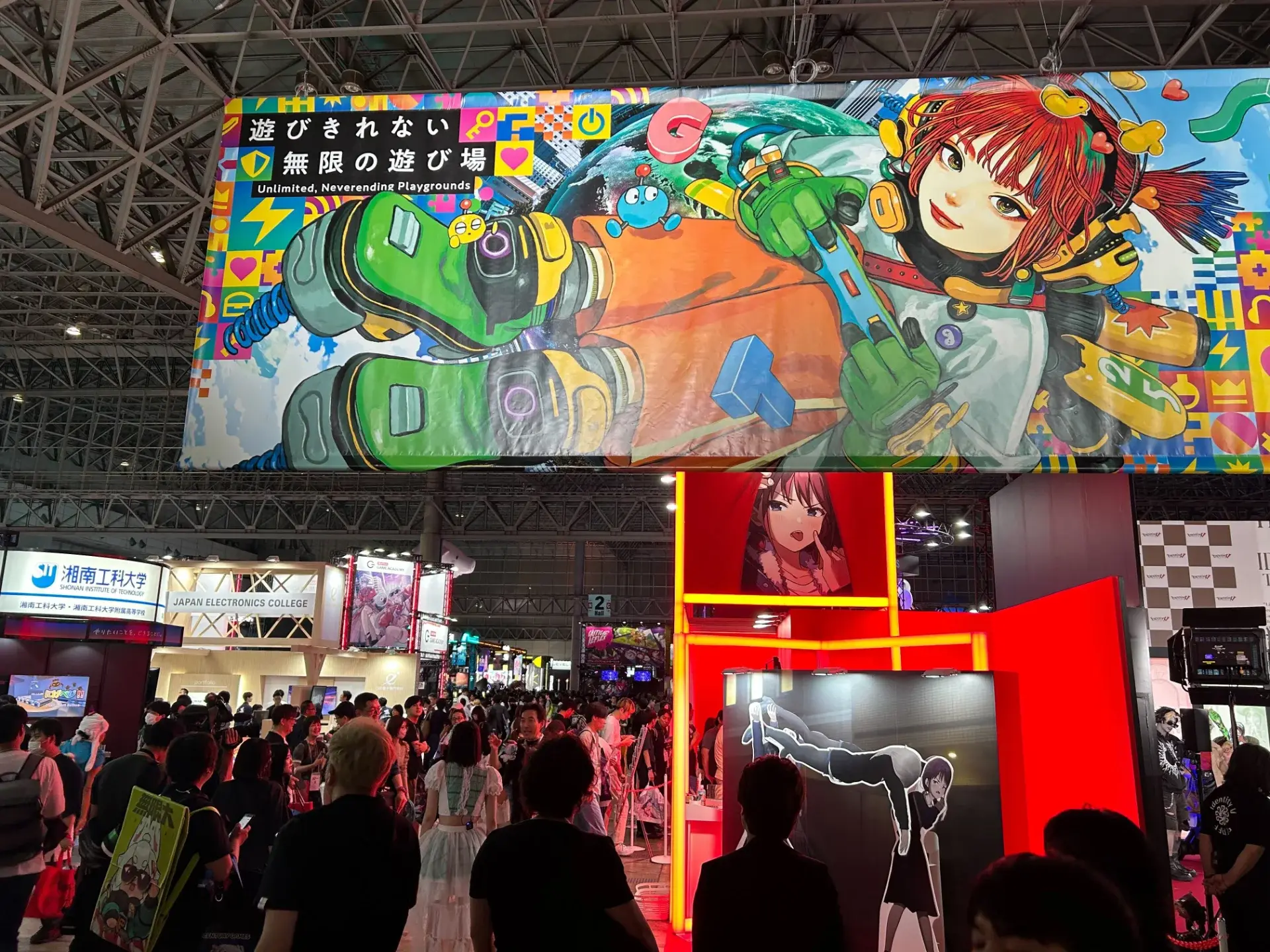


Leave a Reply
You must be logged in to post a comment.